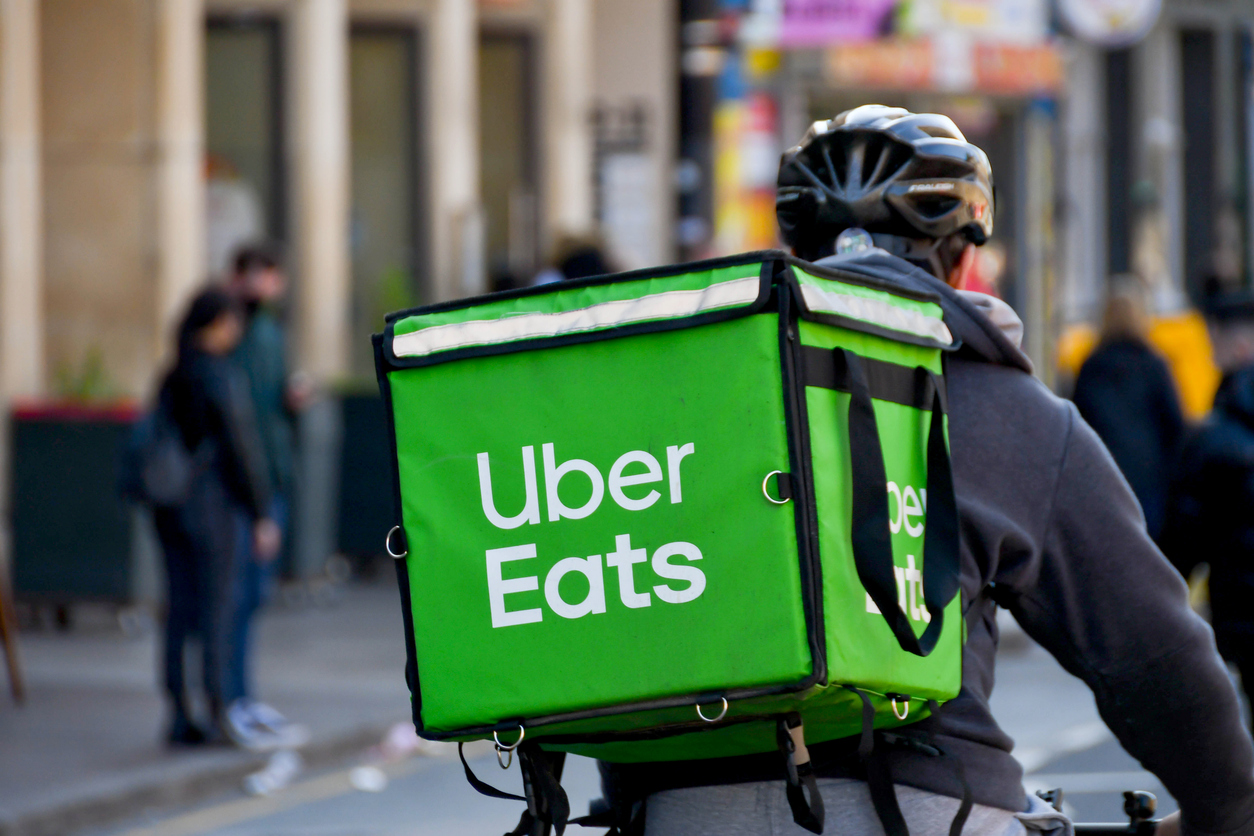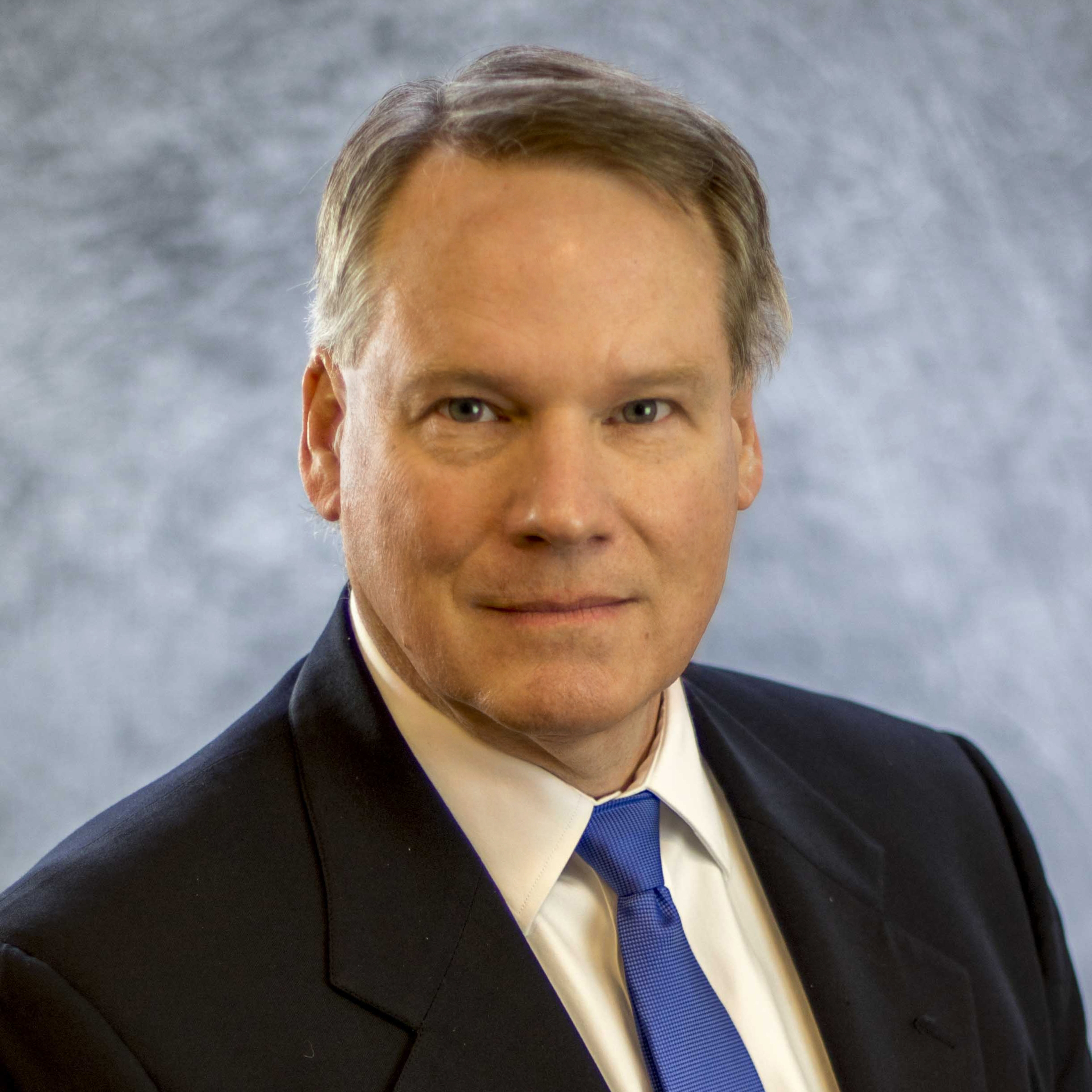Related Articles
In 2022 far-left council members Lisa Herbold and Andrew Lewis, working at the behest of an extremist group calling itself Working Washington, pushed through the highest tax on app-based delivery services in the country. Advocates called it the “PayUp” tax, and they meant what they said. Seattle residents are now paying a new regressive tax on deliveries of food and other essential goods.
Working Washington says they want to take “profits” from tech companies and restrict work schedules, but they only ended up hurting delivery drivers and their customers, a result that was predictable to any caring, clear-thinking person.
At the time business owners, from local restaurants to tech companies, pointed out that the tax would hit consumers and reduce income and work hours for drivers. They were right. Barely 100 days later after going into effect January 13th Seattle is considering rolling back the tax and many of the harmful work restrictions that go with it.
The reasons for the dramatic reversal are two-fold.
First, a mean-spirited policy idea ran into the realities of the marketplace. Working Washington got everything it asked for – a hefty fee on customer services and harsh work restrictions imposed on app-based drivers. In the weeks that followed drivers lost income, neighborhood restaurants lost orders, and customers shifted to more affordable options.
Some frustrated users even deleted delivery apps from their phones. UberEats reports a 30% drop in order volumes since the tax hit. Uber drivers say their idle time (the time spent waiting for orders) is up. DoorDash drivers lost 30,000 delivery trips in just the first two weeks. Some drivers report losing up to half their income. DoorDash says delivery revenue in the city fell by $7 million.
There’s a reason the PayUp delivery tax is so unpopular. Seattle officials already impose the highest regressive tax burden in the state, and one of the highest in the country. That contributes to making Seattle a very expensive place to live, especially for young people and elderly couples living on fixed incomes. Adding another regressive tax on top of the 10.3% sales tax, high property taxes, plus taxes for Sound Transit, the Port, the Transportation District and special levies for basics like parks, housing, libraries, roads, schools, etc. only worsens current income inequities.
Second, in the 2023 election voters brought common-sense reform to Seattle’s largely-discredited city council. Councilmembers Herbold and Lewis are both gone, along with declared socialist Kshama Sawant.
In Districts 1 and 7 Herbold and Lewis have been replaced by change agents Rob Saka and Bob Kettle, intellectually curious and open-minded newcomers who are bringing fresh thinking to the council. Their selection by voters, along with three other new members, represents a welcome improvement over the tired leftism of past city councils.
Another factor is the odd legal status of Working Washington. In an effort to maintain public trust Seattle has some of the strongest lobby and disclosure regulations in the state. Yet in spite of their insider work Working Washington’s lobbyists file no disclosure reports and are not even registered. The public has no way of knowing what their economic interests are or who is funding them. The closed-door activities that led to passage of the PayUp tax may even have run afoul of the city’s tight anti-corrupt influence rules.
Regardless of its murky origins, once the public learned about the harmful PayUp tax the idea quickly failed. Council chair Sara Nelson has proposed constructive changes that the full council will consider in coming weeks. She and other members appear to have concluded that Seattle residents don’t need another regressive tax.
The outlook is positive. It’s likely a majority of the council has learned from this painful experience and will trim or drop the tax and ease the severe work restrictions that hamstring drivers. If the council does decide to end the ill-starred PayUp tax experiment, it will likely be done through a more open public process than the one that was used to enact it






